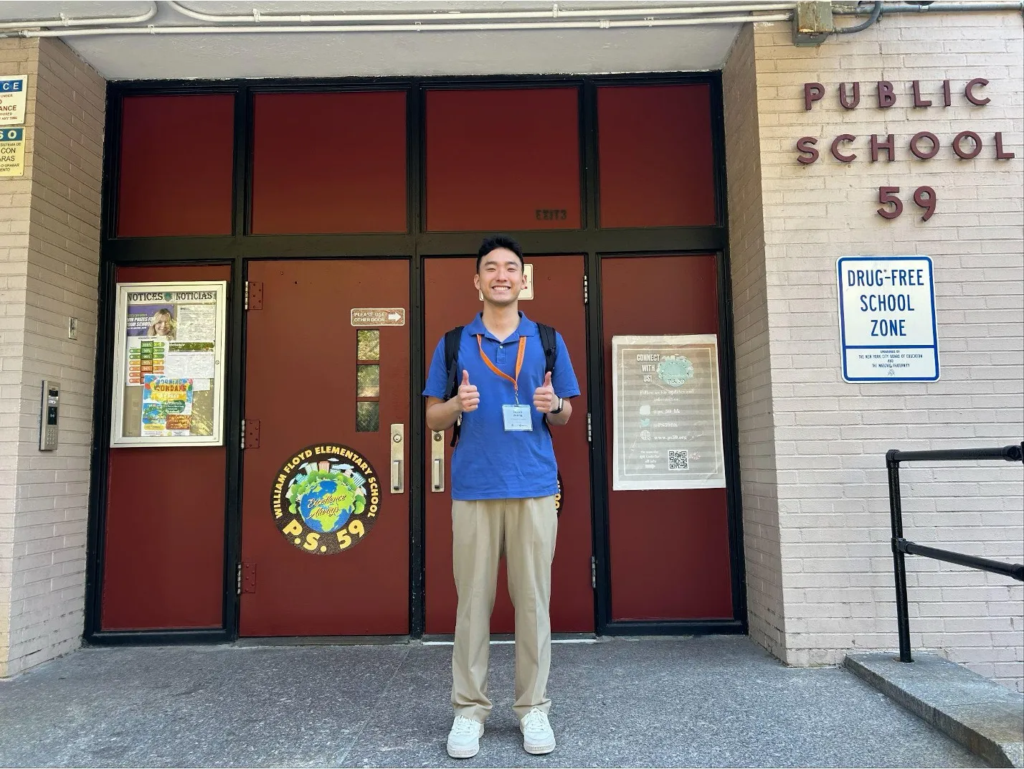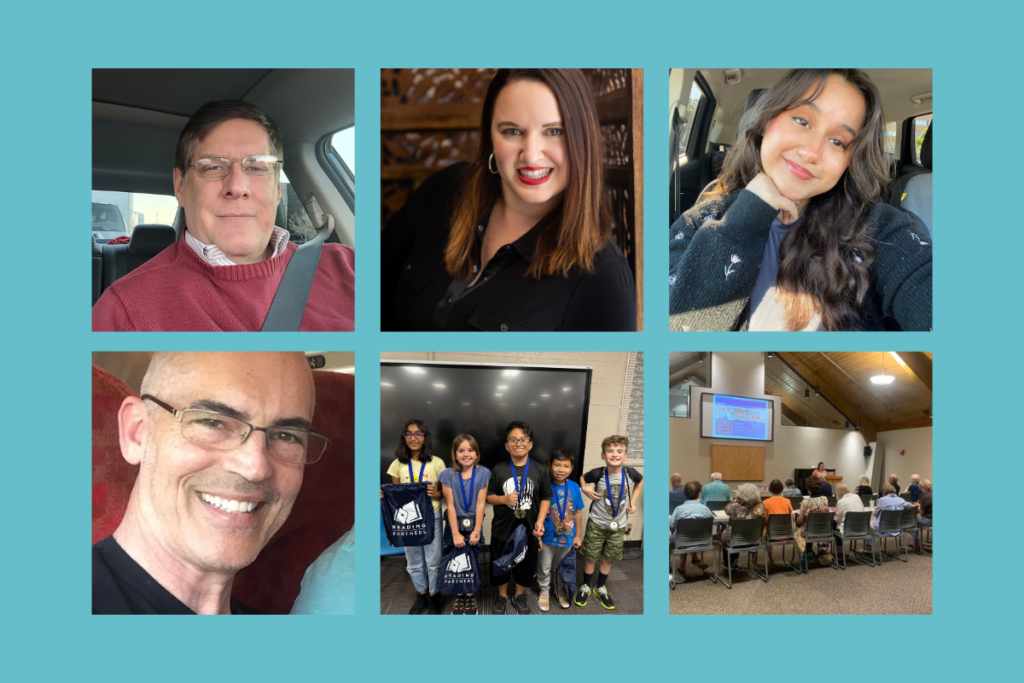
Being a reading partner is being a lifelong learner
December 12, 2016
When you walk into a reading center, you can feel the energy in the air—students learning new sounds, the site coordinator demonstrating a different method to tutor-student pairs, and tutors teaching their students new literacy skills and techniques. Tutors ensure that our students have the chance to grow and move forward in their reading levels, helping them become lifelong learners and successful in their academic lives. It is amazing to witness a reading center in action where there is such diversity in age and backgrounds.
At the Madrona Reading Center, there is a session time completely filled with high school student tutors. At Beverly Park, a session is filled with college student tutors. At Highland Park, many of the tutors are retired members of the community, and at Sanislo, many parents with children in the surrounding schools serve as tutors. This wide range in age results in a wealth of diverse experience within each of our reading centers that is immensely beneficial to the students they serve.
Although our curriculum is built around a step-by-step guide with all the materials included, we are teaching literacy skills and techniques that many of our tutors haven’t had to use or consciously recall for years, even decades. Each lesson is a new experience for both the student and the tutor. Tutors come in early to go over the lesson either by themselves or with the support of the site coordinator to make sure they are teaching the lesson correctly. They ask questions, take time to get to know their student, and attend tutor workshops—going above and beyond to learn how to best serve their student.
For students, it is significant to see their tutors making and fixing mistakes, re-reading the lesson, and asking questions during the session. Sitting in the reading center I have observed and heard tutors apologize to their students about teaching a letter sound incorrectly and re-reading the lesson to their student, making sure they are teaching the lesson correctly. Modeling to their student that making mistakes and re-reading are what good readers do. It is okay to make mistakes sometimes.
The reading center becomes a place to build strong and meaningful relationships between the student, tutor, and site coordinator. Within every reading center is a wealth of diverse backgrounds and talents, creating an engaging learning experience for every student who enters the reading center. We are all working together to help our students reach their fullest potential. Exhibiting that it is okay to make mistakes at any age is powerful and shows students that we are all learning together and are truly lifelong learners.




